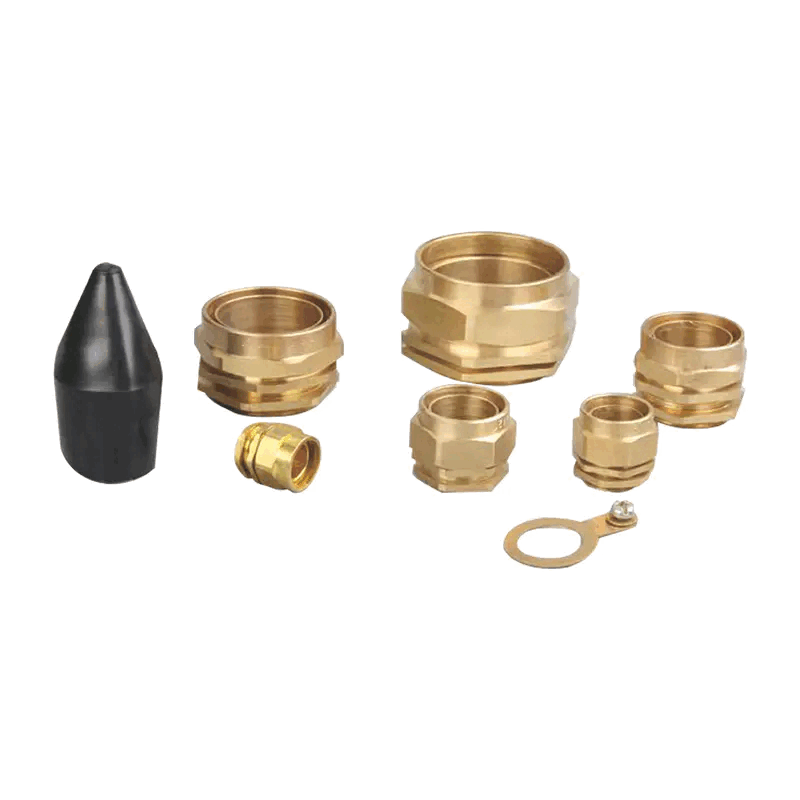Building Tough Cable Splices: Choosing the Right Waterproof Materials

The materials used in the construction of waterproof cable splices—such as rubber, silicone, and plastic—offer a combination of sealing, durability, and protection that is essential in maintaining the integrity of electrical connections exposed to water. Whether used in marine, industrial, or outdoor applications, these materials help ensure that waterproof cable splices provide the reliability and performance needed to keep electrical systems running smoothly, no matter the environmental conditions. The versatility and effectiveness of these materials in waterproof cable splices make them indispensable for a wide range of applications.
Sponsored
Search
Sponsored
Categories
- Business
- Research
- Energy
- Art
- Causes
- Tech
- Crafts
- crypto
- Dance
- Drinks
- Film
- Fitness
- Food
- Games
- Gardening
- Health
- Home
- Literature
- Music
- Networking
- Other
- Party
- Religion
- Shopping
- Sports
- Theater
- Wellness
Read More
Paraformaldehyde (PFA) Prices Q2 2025, Index, News, Monitor and Forecast
North America Paraformaldehyde (PFA) Prices Movement Q2 2025:
Paraformaldehyde (PFA) Prices in...
Custom Pasties: A Stylish Blend of Comfort, Creativity, and Confidence
In the world of fashion and personal expression, small accessories can make a big impact. One...
Human Papillomavirus Testing - Pap Test Market Size, Share, Trends, Global Demand, Growth and Opportunity Analysis
Executive Summary Human Papillomavirus Testing - Pap Test Market :
Data Bridge Market...
Comprehensive Guide to Garage Door Services by Enterprise Garage Door Pro: Safety, Reliability & Expert Solutions
Comprehensive Guide to Garage Door Services by Enterprise Garage Door Pro: Safety, Reliability...
Sponsored


